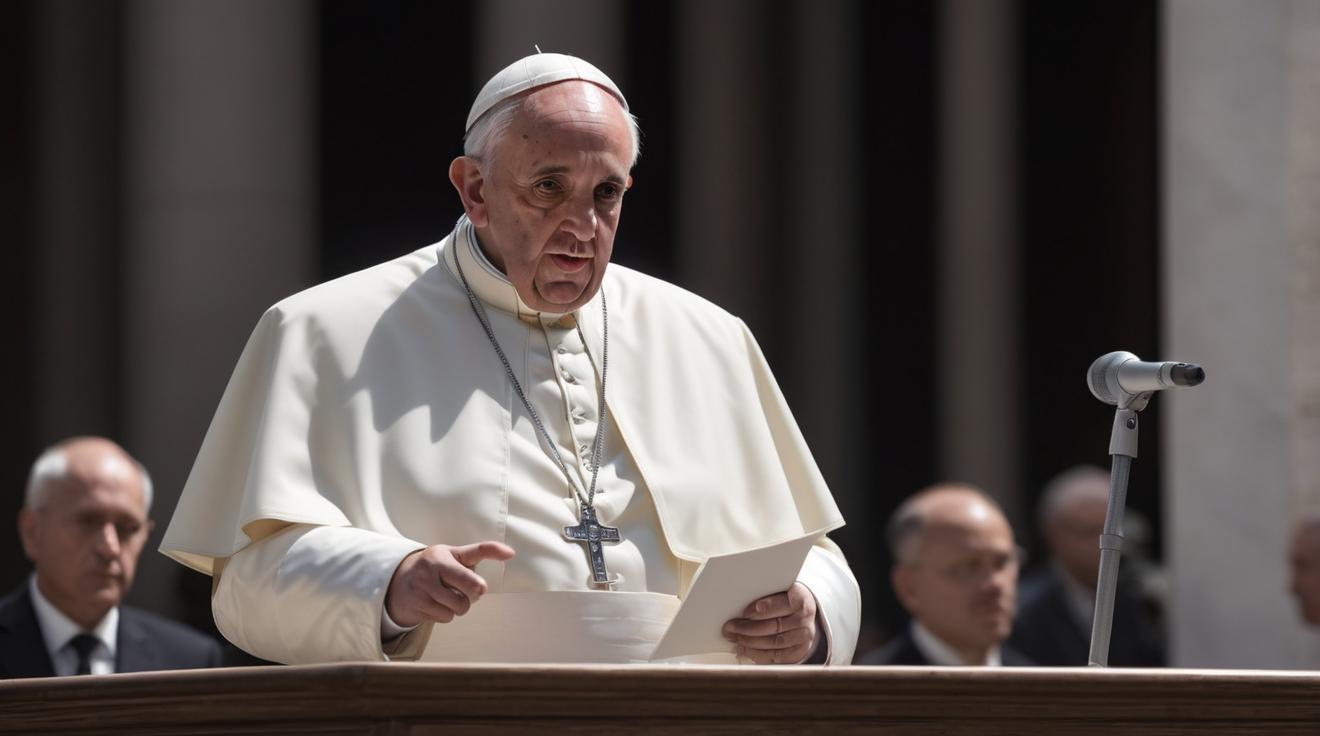Big Banks report earnings, JPMorgan Chase takes hit from bank takeover fee
On Friday, four of Wall Street’s Big Banks released their earnings reports, revealing mixed results for the fourth quarter of 2021. JPMorgan Chase, the largest bank in the United States, reported lower profits due to a $2.9 billion fee related to the government’s takeover of some regional banks last year. The fee was unexpected and weighed on the bank’s bottom line. Despite this setback, JPMorgan Chase remains optimistic about its long-term prospects.
Citigroup, the third-largest bank in the country, reported a quarterly loss of $1.8 billion. The bank also announced that it would be cutting 10% of its workforce, a move aimed at reducing costs and improving efficiency. Citigroup’s loss was primarily driven by restructuring charges and higher loan-loss provisions. The bank is taking steps to address its challenges and position itself for future growth.
Bank of America, the second-largest bank in the United States, saw its net income fall by more than 50% compared to the same period last year. The decline was mainly due to higher expenses and lower revenue from its trading operations. However, the bank remains focused on its long-term strategic goals and is confident in its ability to deliver value to shareholders.
Wells Fargo, the fourth-largest bank in the country, reported higher quarterly earnings but warned about lower interest income in the coming year. The bank expects interest rates to remain low, which will put pressure on its interest income. Wells Fargo is working to diversify its revenue streams and mitigate the impact of low interest rates on its business.
Overall, the earnings reports from the Big Banks reflect the challenges and opportunities facing the banking industry. While some banks faced headwinds in the fourth quarter, others were able to deliver solid results. The banks are adapting to changing market conditions and are focused on driving long-term value for their shareholders.
Wholesale prices unexpectedly decline, signaling possible decrease in inflation
In a surprising turn of events, wholesale prices in the United States declined in December, suggesting that inflation might be subsiding. The Labor Department’s producer price index (PPI) fell 0.1% in December, contrary to economists’ expectations of a 0.1% increase. The PPI measures inflation from the perspective of producers or manufacturers.
The decline in wholesale prices is seen as a positive signal for the broader economy. Lower prices at the wholesale level could translate into lower prices for consumers, providing relief from rising inflationary pressures. The Federal Reserve has been closely monitoring inflation, and this unexpected decline in wholesale prices could influence the central bank’s decisions regarding monetary policy.
However, it is important to note that the decline in wholesale prices does not necessarily indicate a long-term decrease in inflation. It could be a temporary blip or a result of specific factors affecting certain industries. It will be crucial to monitor future data to determine the true trajectory of inflation in the economy.
Dow Jones rises for the week despite Friday’s dip, S&P 500 and Nasdaq also higher
Despite a dip on Friday, the Dow Jones Industrial Average ended the week 0.3% higher, reflecting a positive overall performance. The S&P 500 and the Nasdaq also closed the week higher, although both indices saw almost no change on Friday.
The market’s performance throughout the week was influenced by several factors, including the start of the earnings season and an unexpected decline in producer prices. Investors were buoyed by the positive earnings reports from some companies and the possibility of lower inflation, which could support economic growth.
Overall, the week’s performance indicated resilience and a positive sentiment in the market. Despite temporary fluctuations, investors remained optimistic about the prospects of the economy and corporate earnings.
China skeptic Lai Ching-te wins Taiwan’s presidential election
Taiwan’s presidential election on Saturday resulted in a victory for Lai Ching-te, a strong China skeptic representing the Democratic Progressive Party. Lai won by more than 40% of the popular vote, marking the party’s third consecutive win in the country’s presidential elections.
Lai’s victory is significant in the context of the ongoing tensions between Taiwan and China. He has repeatedly expressed his determination to safeguard Taiwan from threats and intimidation from China. Beijing, on the other hand, has dismissed his victory and continues to assert its claim over Taiwan.
The outcome of Taiwan’s presidential election is likely to impact the regional dynamics in East Asia. The relationship between Taiwan and China is complex and has implications for security and stability in the region. It will be important to monitor how Lai’s presidency and his stance on China influence the dynamics between the two countries.
Warren Buffett unlikely to invest in airlines again after pandemic losses
Wall Street legend Warren Buffett, often referred to as the “Oracle of Omaha,” is unlikely to invest in airline stocks again. Buffett, known for his long-term investment approach, made headlines during the pandemic when he swiftly unloaded $4 billion worth of airline stocks. This move was driven by the significant losses incurred by the airline industry due to travel restrictions and reduced demand.
Now, with disappointing profit forecasts, ongoing aircraft groundings, and midair emergencies, Buffett has made it clear that he won’t be considering airline stocks again in the foreseeable future. The pandemic revealed the vulnerabilities of the airline industry and its susceptibility to external shocks.
Buffett’s reluctance to invest in airlines should not come as a surprise, considering his aversion to industries with inherent risks and uncertainties. His investment decisions are driven by a thorough analysis of a company’s fundamentals and long-term potential. Given the challenges faced by the airline industry, it is understandable why Buffett is hesitant to invest in it again.
In conclusion, Buffett’s stance on airlines reflects the cautious approach of a seasoned investor who values stability and long-term growth. The airline industry will need to address its challenges and demonstrate resilience before gaining the confidence of investors like Warren Buffett.
Analyst comment
Big Banks report earnings:
Neutral news. JPMorgan Chase took a hit from a bank takeover fee, Citigroup reported a loss and job cuts, Bank of America saw a decline in net income, and Wells Fargo warned about lower interest income. Market reaction will depend on how well the banks address their challenges and execute their long-term strategies.
Wholesale prices unexpectedly decline:
Positive news. The decline in wholesale prices suggests a possible decrease in inflation, providing relief to consumers. The Federal Reserve’s decisions on monetary policy may be influenced by this unexpected decline. The true trajectory of inflation will need to be monitored through future data.
Dow Jones rises for the week:
Positive news. Despite a dip on Friday, the Dow Jones ended the week higher, along with the S&P 500 and Nasdaq. Positive earnings reports and a possibility of lower inflation buoyed investor sentiment. Resilience and optimism about the economy and corporate earnings were evident.
China skeptic Lai Ching-te wins Taiwan’s presidential election:
Negative news for China. Lai’s victory as a China skeptic may further strain the already tense relationship between Taiwan and China. The impact on regional dynamics and security in East Asia will need to be monitored.
Warren Buffett unlikely to invest in airlines again:
Negative news for the airline industry. Buffett’s reluctance to invest in airlines after pandemic losses highlights the industry’s vulnerabilities and uncertainties. The industry will need to address its challenges and demonstrate resilience to regain investor confidence.













